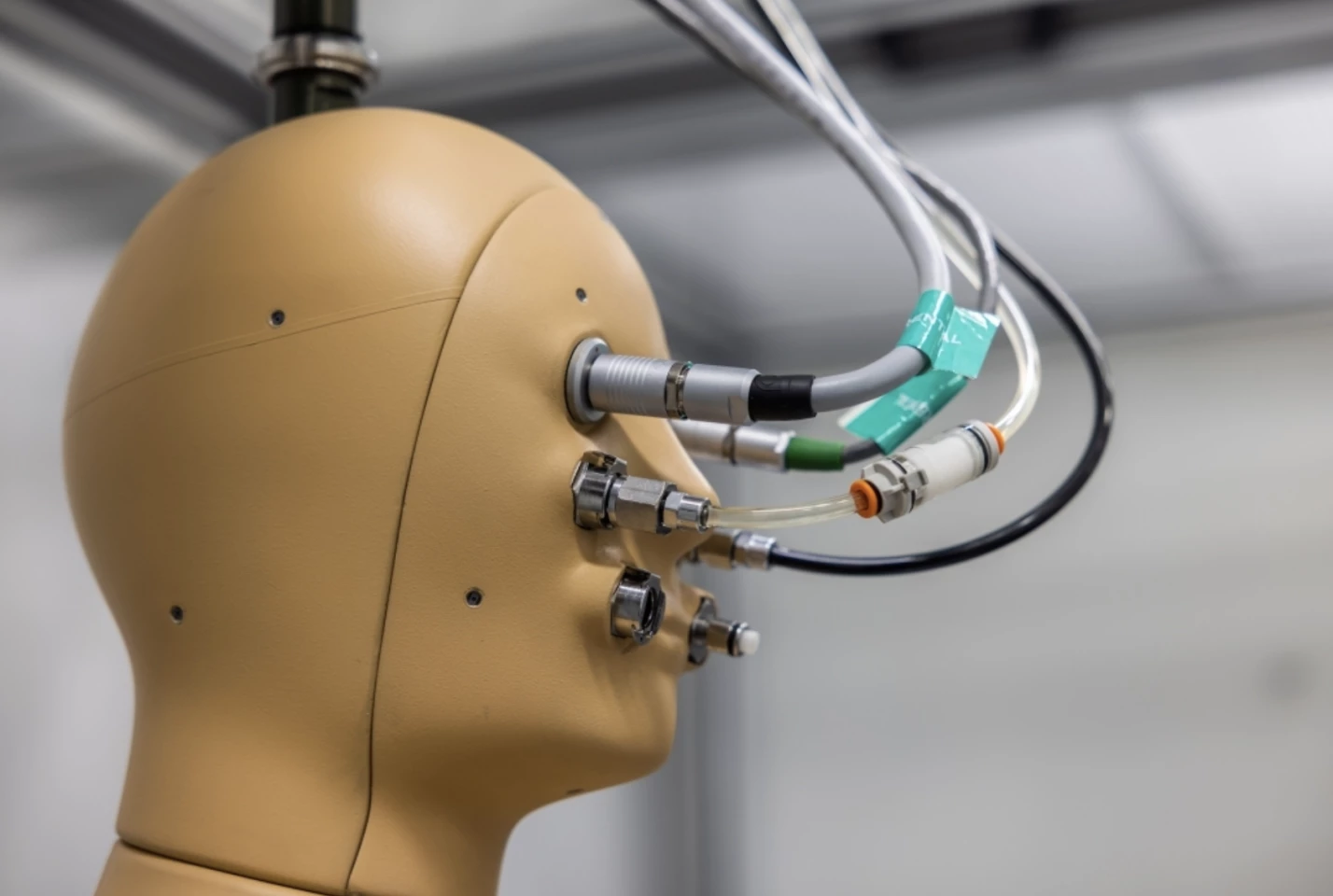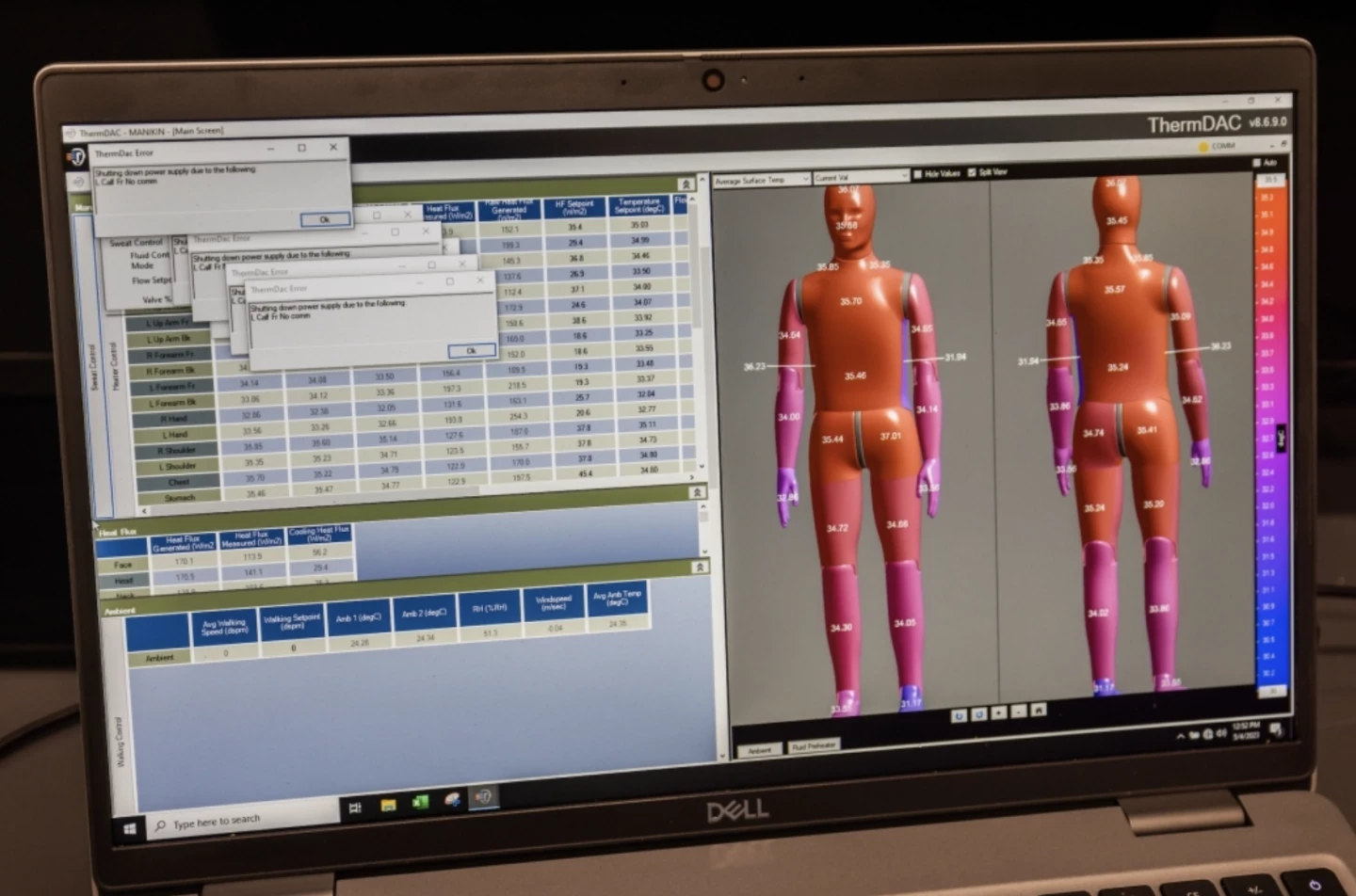The world is on track to outdo its previous hottest decade on record. Average temperatures hit a new high in early July, setting new benchmarks for hottest day and week, and the month looks like it may edge out June to claim another unenviable prize.
There’s no denying that increased temperatures can have a devastating impact on life on earth, and we’re increasingly seeing how our built environments and ‘urban heat islands’ are making the effects of extreme heat more difficult to handle.
With this in mind, scientists are for the first time employing a robot that has the ability to generate and absorb heat, as well as sweat, to monitor how high temperatures affect humans and to generate methods of combating the health dangers.
ANDI, a thermal manikin from tech company Thermetrics has earlier been used in laboratories to test effectiveness and wearability of sportswear. Now, researchers from Arizona State University (ASU) have taken the dummy, which is worth around half a million dollars, outdoors to be exposed to the crippling heat currently being felt across the state, and much of the US.
ANDI is able to mimic the thermal functioning of the human body, can be adjusted to account for different ages, levels of fitness or health conditions that affect people’s abilities to tolerate heat. It's a much safer way to gather data and assess heat stress limits without exposing humans to the risk.

What’s more, ‘he’ has 35 individually controlled temperature sensors across his torso, can breathe via an external tank that measures hot air exchange, and pores that can emit ‘sweat’ as the dummy’s cooling system kicks in to counter the temperature challenges.
ANDI’s cooling system features circulating cool water channels that allows him to withstand temperatures of up to 140 °F (60 °C) while measuring the sun’s solar radiation, the ground’s infrared radiation and convention heat from the surrounding air.
Scientists can also monitor how human movement such as walking exacerbates heat risk, and how it impacts organ function.

Nearly 62,000 people perished across Europe last year due to extreme heat. Much of the Northern Hemisphere is again under siege, with wildfires adding to the health risk.
Scientists hope that data gathered by using ANDI on the frontline will help understand the physiology of heat stress, inform better guidelines for risks for a broad range of people and environments, and potentially lead to clothing or other personal protective gear to mitigate the health impacts of what is seemingly our new normal.
To see how ANDI is able to move and mimic the way humans generate heat, check out this video from the Thermetrics vault.
Source: Arizona State University







